Following the historic inauguration of Pope Leo XIV in Rome, Bishop Matthew Kukah of the Sokoto Diocese shared insights on the global significance of the event and its implications for Africa.
Reflecting on the presence of world leaders, including Nigerian President Bola Ahmed Tinubu, at the Vatican, Kukah in an interview on Channels Television’s Political Paradigm, emphasized the Vatican’s unique role as a moral and diplomatic hub, while dismissing calls for an African Pope as premature, humorously suggesting Africa should “win the World Cup first.”
Kukah described the Vatican as a “massive moral space” where global leaders converge, not only for spiritual reasons but for high-stakes diplomacy. Recalling the burial of Pope Francis, he noted, “Every square inch of that territory is a space for negotiation at the highest level. You saw Zelensky and Trump securing a little space to have a conversation – that was profound.” He highlighted the Vatican’s ability to bring together unlikely figures, citing past instances like former Zimbabwean President Robert Mugabe seated beside the United Kingdom’s representatives due to alphabetical arrangements.
The bishop underscored the moral weight of the papacy, stating, “The Pope has always been the moral compass for where the world is going.” For Nigeria, the presence of President Tinubu at Pope Leo XIV’s inauguration marked a historic moment, as it was the first time a Nigerian president attended such an event. Kukah noted the personal connection, saying, “The Pope was born in Chicago, and the President spent time there, so it’s a good starting point.”
Addressing speculation about an African Pope, Kukah was candid: “Electing a Pope is not an ‘Emilokan’ scenario where you say, ‘It’s our turn.’ It doesn’t work like that.” He explained that the papal election, guided by the Holy Spirit, defies human calculations. “You have 133 cardinals, some meeting for the first time, with no lobbying or manifestos. Nobody saw Pope Leo’s election coming,” he said, recalling a personal encounter with the then-cardinal who opened a door for him at a synod.
On Africa’s expectations from the new Pope, Kukah was clear that the pontiff’s role is not to solve Nigeria’s or Africa’s governance issues. “Nigeria is not Sudan or Syria. We have massive resources to take care of ourselves and our neighbors,” he asserted. Referencing Pope Francis’s 2023 visit to Congo, where he urged the international community to “take its hands off Africa,” Kukah added, “It’s not the Pope’s business to decide why Nigerian leaders have turned politics into a criminal enterprise. The Pope offers moral guidance, not political solutions.”
Kukah also addressed the complex interplay of religion, politics, and traditional leadership in Nigeria. He traced tensions in northern Nigeria, such as those fueling Boko Haram, to the historical defeat of the Sokoto Caliphate by British colonialists in 1903. “The British stripped the Sultan of powers like appointing Emirs or collecting taxes, subordinating the caliphate,” he explained. This historical disruption, he argued, continues to shape religious and political dynamics.
He cautioned against conflating traditional and religious leadership, noting, “Traditional rulers are not necessarily religious leaders. A bishop must have theological training, but an Emir or traditional ruler only needs the governor’s goodwill.” Kukah called for a modern Nigerian state where Islamic, Christian, and traditional values coexist under one law, emphasizing citizenship over nostalgic visions of past empires.
As Nigeria navigates its postcolonial identity, Kukah urged leaders to prioritize governance over religious or ethnic divisions. “The modern state must ensure all citizens thrive under one law,” he said, advocating for a delicate balance to prevent religion from derailing development.

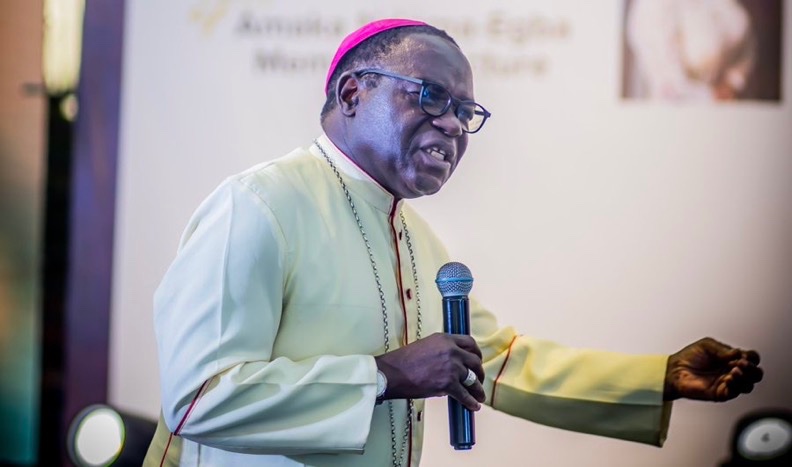
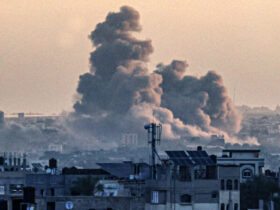

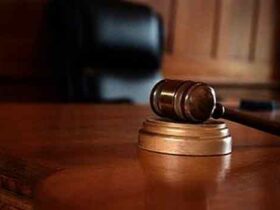

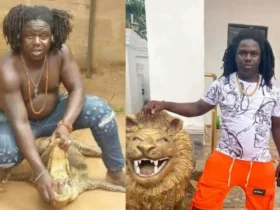
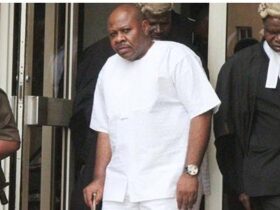
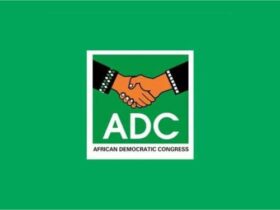
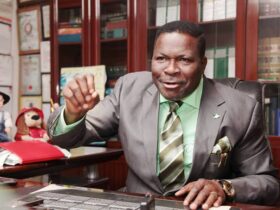
Got a Questions?
Find us on Socials or Contact us and we’ll get back to you as soon as possible.